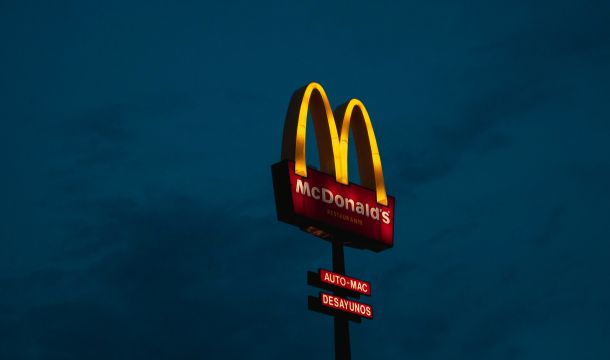Up in Smoke: The Impact of Legalized Marijuana on Drug Testing in the Workplace
As marijuana becomes legalized across the country, employers are faced with legal and practical issues arising out of the use of marijuana by workers and applicants. Thirty-two states and Washington, D.C., now allow medical marijuana, and 10 states and Washington, D.C. have legalized recreational use.
Employers doing business in states that allow medical marijuana must be aware of the legal protections those laws provide to persons who are using medical marijuana. For example, a Delaware state court recently allowed a former Kraft Heinz Foods Co. employee to move forward with his lawsuit alleging the company violated the state's medical marijuana law by terminating him for a positive drug test. In 2017, a Rhode Island state court ruled that a fabrics manufacturer could not refuse to hire a paid intern who legally used medical cannabis, even though she could not pass a drug test. And in 2018, a federal court in Connecticut ruled that the state's medical marijuana law prohibited a health-care company from rejecting a job applicant who failed a pre-employment drug test.
Many state laws that allow the use of medical marijuana also contain anti-discrimination protections specifically for medical marijuana patients. Thus, it is important to know the applicable laws in the jurisdiction(s) where your company does business.
As more states and municipalities legalize marijuana for recreational use, employers face challenges in hiring applicants who can pass drug tests that include screening for THC. In fact, in an effort to increase the applicant pool, some employers have removed THC from the list of drugs that are the subject of pre-employment testing. [Employers who are required to follow DOT drug testing procedures must still test for THC]. However, those employers may still test for the presence of THC in post-accident testing and testing for cause. Note that one of the challenges in testing for the presence of THC is the fact that it metabolizes much more slowly than many other legal and illegal drugs, so it is harder to show a cause and effect between the presence of THC in an employee's urine and a workplace accident.
If an employer reasonably suspects that an employee is under the influence of marijuana while working, it is important to document any indications of recent drug use in the employee's physical appearance, demeanor, and—let's face it—smell, to support a decision to require the employee to submit to a drug test for cause.

Kathleen J. Jennings is a former principal in the Atlanta office of Wimberly, Lawson, Steckel, Schneider, & Stine, P.C. She defends employers in employment matters, such as sexual harassment, discrimination, Wage and Hour, OSHA, restrictive covenants, and other employment litigation and provides training and counseling to employers in employment matters.
Related Content
Get Email Updates
Recent Content

Judge Invalidates Joint Employer Rule, and Independent Contractor Rule Takes Effect

The Importance of Fairness in Employment to the Law and to Job Satisfaction

Major Employers Challenge Constitutionality of Labor Act

Starbucks' Big Change in Labor Policies

Judge Orders Survey Data to Be Revealed from Employer EEO-1 Reports

